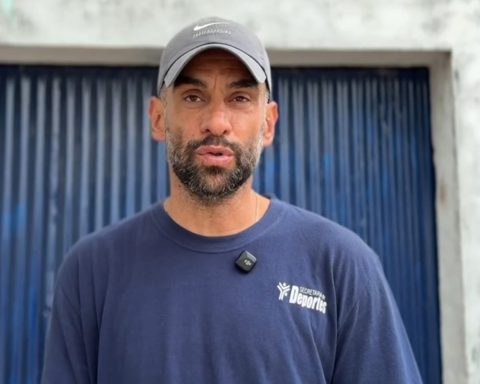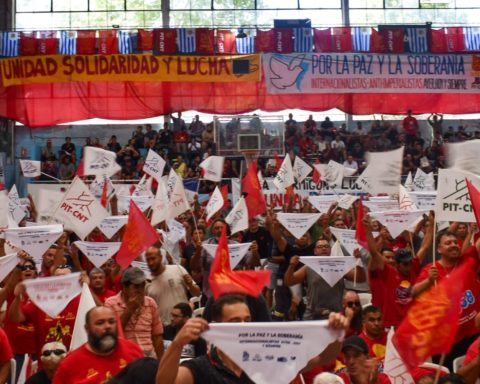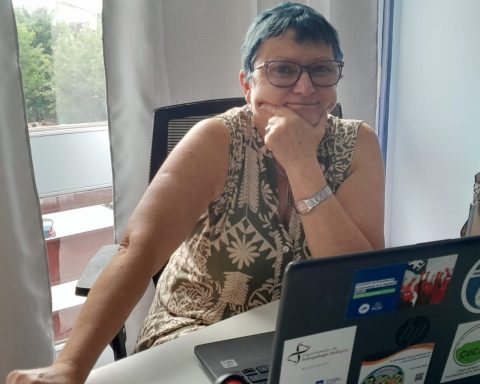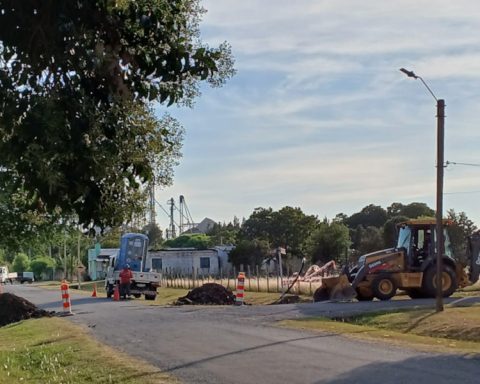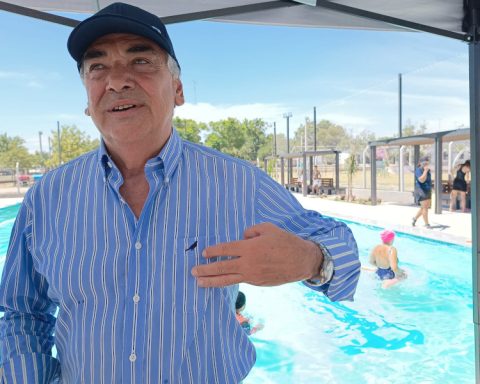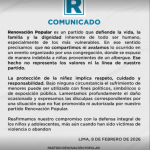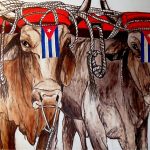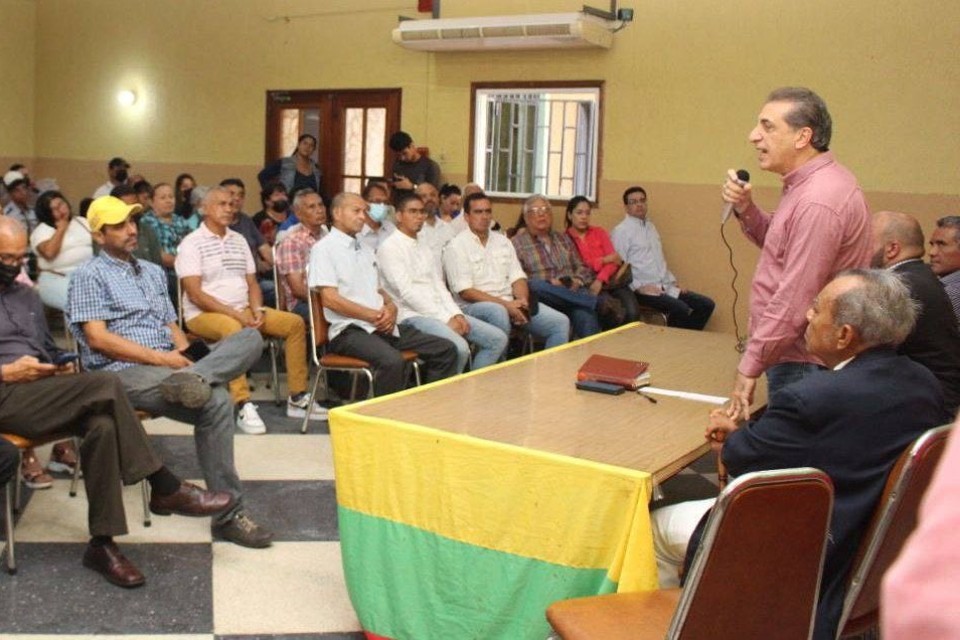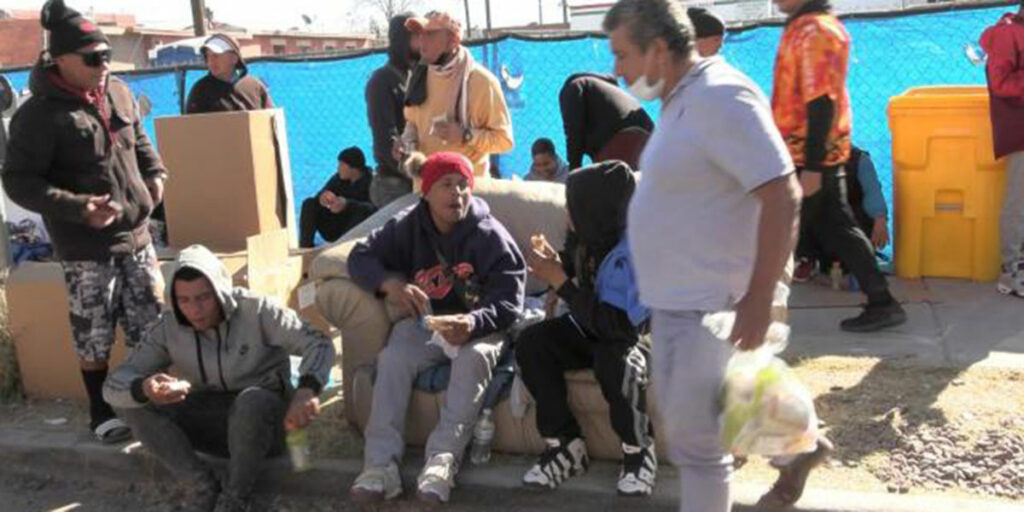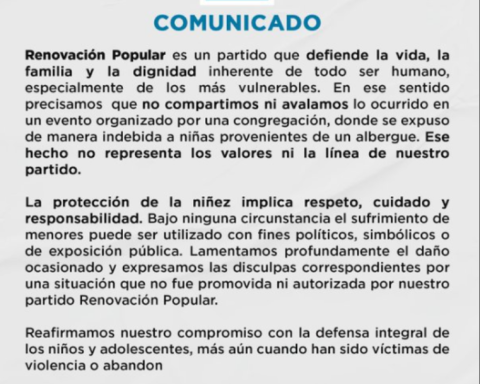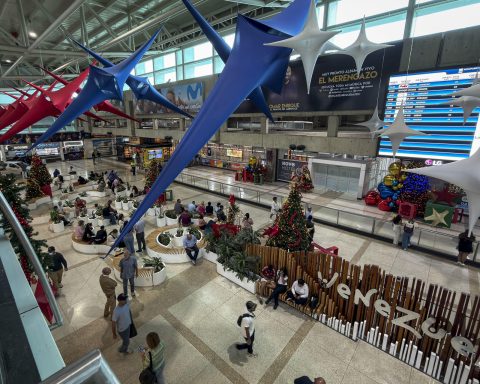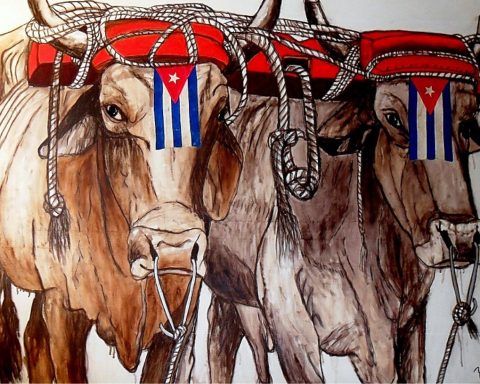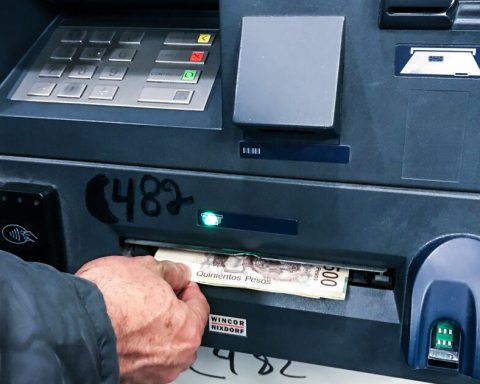A lot of dulce de leche contained by two covers of chocolate dough, and a bath of semi-sweet chocolate; This product, as simple as it is delicious, is what allowed the exponential growth of Alfajores Barlovento —a venture founded in Trinidad, Flores— in Uruguay; which went from sales to friends, to a total of three thousand units in one month.
How was the development of Alfajores Barlovento? To understand it, you have to start with the emergence of entrepreneurship.
In 2021, a Uruguayan family wanted to innovate in a space that would allow them to share, but which in turn would generate enough income to be able to live. Thus, with this specific purpose, Andrés Pijuán and Carolina Mila —who wanted to work together and spend more time with their son Bautista— began their entrepreneurial journey.
This is how Barlovento was born, a proposal that, in addition to the classic alfajor, includes two more flavors: Marroc, made from chocolate dough, filled with peanut butter and covered in semi-sweet chocolate, and Suspiro, made from chocolate dough, with filled with dulce de leche, and a meringue disc and bathed in semi-sweet chocolate.
The entrepreneurs began selling thanks to word of mouth, and as time passed, various establishments in Trinidad were interested in purchasing the product: stores, self-service stations and even supermarkets.
“The venture grew faster than we thought,” Mila said in an interview with Coffee & Business.
But this growth did not just happen. In addition to working to make a good product, the founders of the venture strove to reach more points of sale and become increasingly well-known.
An example of this was their participation in the World Alfajor Championship: a competition between 320 alfajor makers from 120 companies that was held for the first time in August of this year, and which was framed in the first Argentine alfajor fair with stands, talks and activities related to the traditional delicacy of the Río de la Plata.
Courtesy Alfajores Barlovento
Andrés Pijuán and Carolina Mila
Asked about her participation in the event, Mila said: “The Alfajor World Cup was a spectacular experience.” And she remarked that, thanks to her participation, the visibility of Alfajores Barlovento increased, and therefore there was an increase in sales that was around two thousand alfajores per month, according to what Mila had told Coffee & Business in advance of the event.
In addition, the entrepreneur said that after the competition, she went with her husband and partner to the Alfajores Fair, which was when the prizes were awarded. “It was good to be in contact with colleagues,” she said.
Adding to the participation in the Alfajor World Cup, the venture had the opportunity to present itself at a fair in Montevideo, and even export its products to more countries.
This is hand in hand with the Presidency program, Sembrando —which they joined during Tourism Week this year— which, as Mila defined, “promotes entrepreneurs a lot.”
Thanks to this program, Alfajores Barlovento was part of a Nuevocentro Shopping gastronomic fair, and a shipment of Uruguayan products to Australia, among other opportunities generated by Sembrando.
“Each instance makes us grow a lot,” said Mila.
Thinking in the future
“It has grown a lot in a short time,” Mila stressed, referring to her venture.
By the way, she explained that although currently she and Pijuán are the ones in charge of carrying out all the processes —production, distribution and administration— of Alfajores Barlovento, given the exponential growth they experience day by day, next year they are going to incorporate a person more to the team.
In addition, Mila said that for next year the venture plans to create a new flavor of alfajores and expand to more departments in Uruguay.
“We are happy with what has happened, and what is happening,” concluded the entrepreneur.
Geopark stamp
Alfajores Barlovento is part of the ventures that have the Tierra de Geoparque seal, a recognition granted by the Mayor of Flores to all those products that meet a series of requirements that range from being made by hand in the territory and with raw materials from the department (mostly), until having production and marketing processes with low environmental impact.

